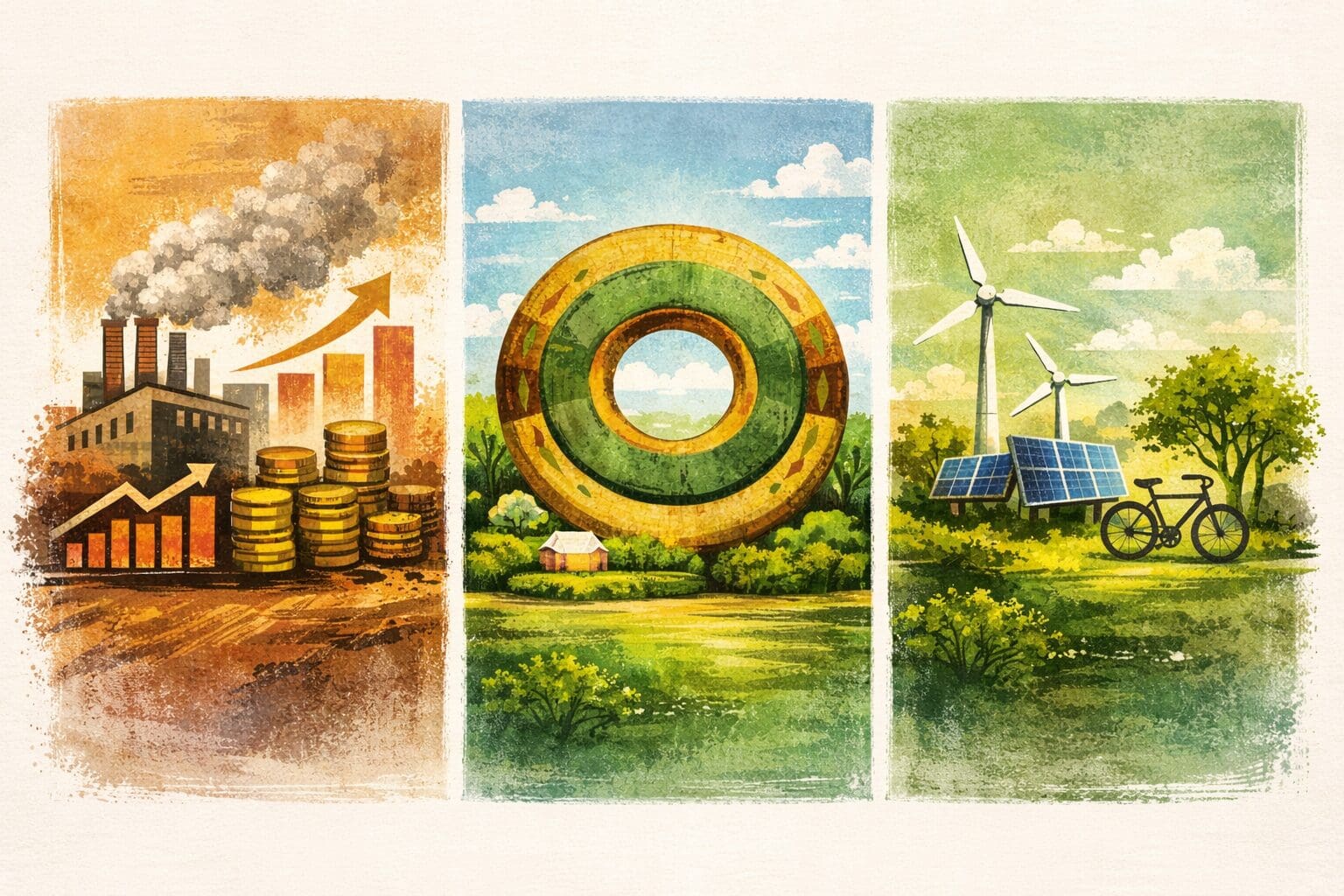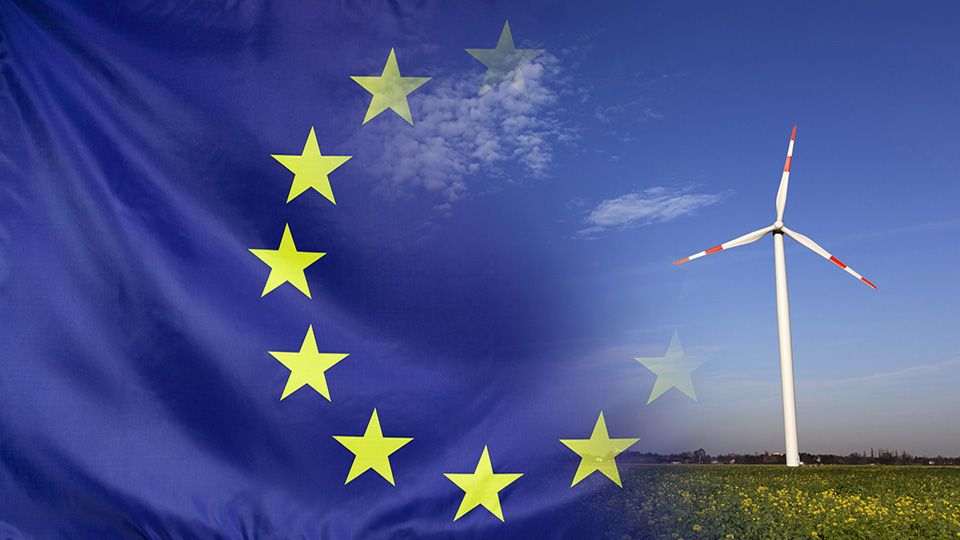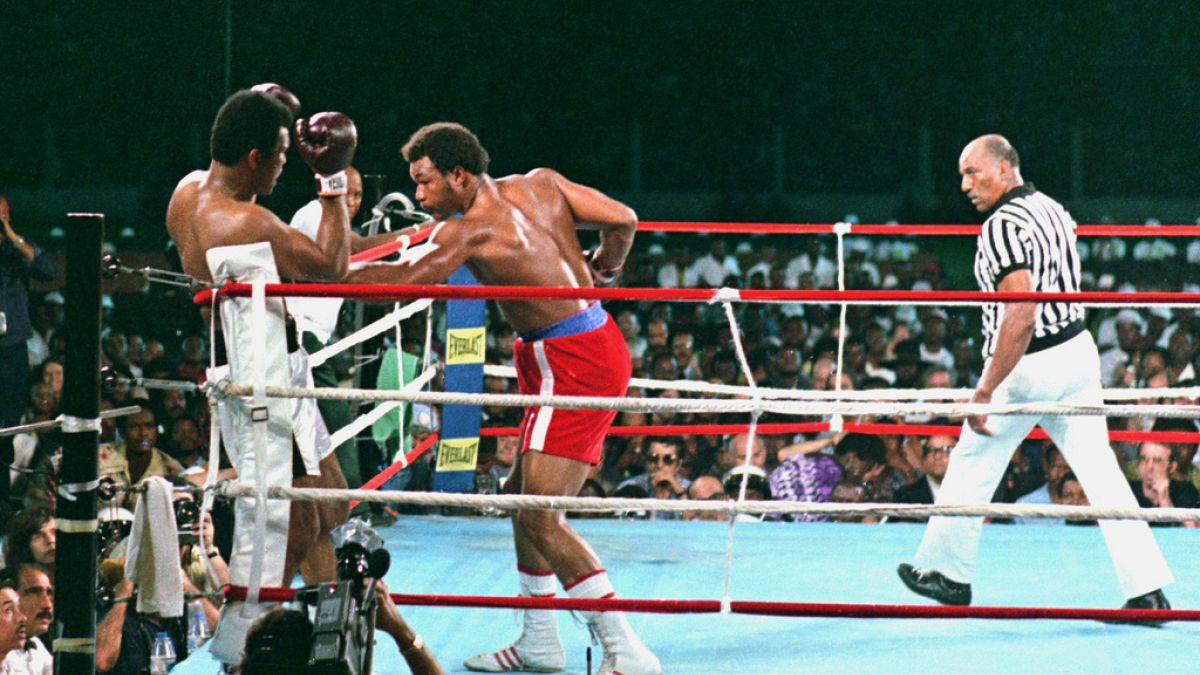What the Race to Space Says About Us: Edward Gibson’s Look at Power, Politics, and Progress

When most people think of space exploration, they envision rockets, astronauts, and distant planets. But in Space: Ever Farther, Ever Faster – Now!, Edward Gibson peels back the sleek veneer of spacecraft and satellites to reveal something deeper: space is not just a frontier—it’s a reflection of ourselves.
Gibson, a former astronaut and an authoritative voice in the world of science and exploration, approaches the modern space race with a bold thesis. The drive to conquer the cosmos, he argues, is as much about Earth-bound ambition as it is about exploration. Behind every launch, there are layers of political maneuvering, technological rivalry, and national pride. And in this complex web, space becomes more than a destination—it becomes a statement.
The book dives into the history of space competition, most notably the Cold War-era tensions that sparked the U.S.–Soviet space race. Gibson recounts how space achievements quickly became geopolitical trophies—each mission a symbolic victory in a global contest of ideology and power. The moon landing wasn’t just about science; it was about proving the superiority of the American system. Every satellite, every spacewalk, was a strategic move on a global chessboard.
But Gibson doesn’t linger in the past. He draws sharp comparisons to today’s era of space billionaires, military-backed satellite programs, and rising nations vying for a place in orbit. China, India, and private companies like SpaceX are not just pushing technological boundaries—they’re asserting influence. In this context, space becomes a new theater of soft (and not-so-soft) power.
Yet, for all the politics and positioning, Gibson also explores how the race to space can serve as a catalyst for unity and progress. He proposes a hopeful vision in which the same drive that fuels competition can be redirected toward global cooperation. International missions, like those involving the International Space Station, prove that when political will aligns with human curiosity, borders can dissolve—at least above Earth’s atmosphere.
What makes Space: Ever Farther, Ever Faster – Now! particularly compelling is Gibson’s ability to intertwine hard facts with philosophical insight. He doesn’t shy away from the realities of national agendas or the commercialization of the stars. Still, he insists on the importance of asking the bigger questions: What does it mean when space becomes a commodity? Are we repeating the mistakes of colonization and competition on a galactic scale? Or are we finally learning to reach outward with shared purpose?
Gibson’s analysis also highlights the paradox of progress. As nations pour billions into space technology, issues like climate change, poverty, and inequality remain unresolved on Earth. But rather than seeing this as a contradiction, Gibson frames it as an opportunity. Space, he suggests, can either become a distraction—or a powerful tool. It can sharpen our focus on Earth’s fragility, improve global communications, and even inspire the next generation of scientists, leaders, and dreamers.
In the end, Space: Ever Farther, Ever Faster – Now! is more than a chronicle of rockets and rivalries. It’s a mirror held up to humanity. Edward Gibson shows us that space isn’t just about where we’re going—it’s about who we are when we get there.














































